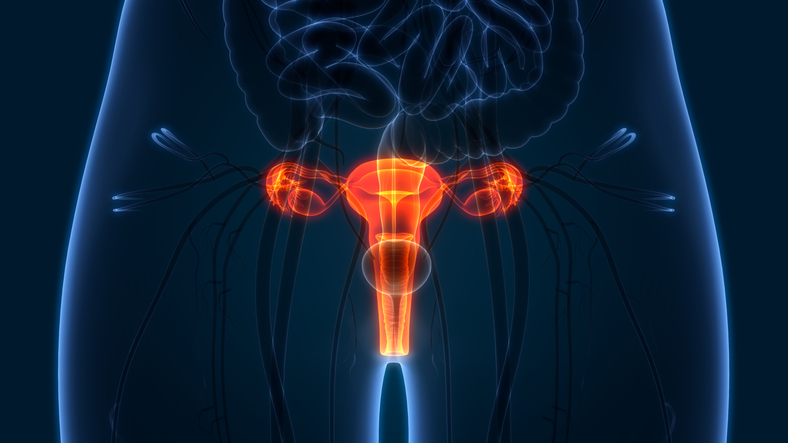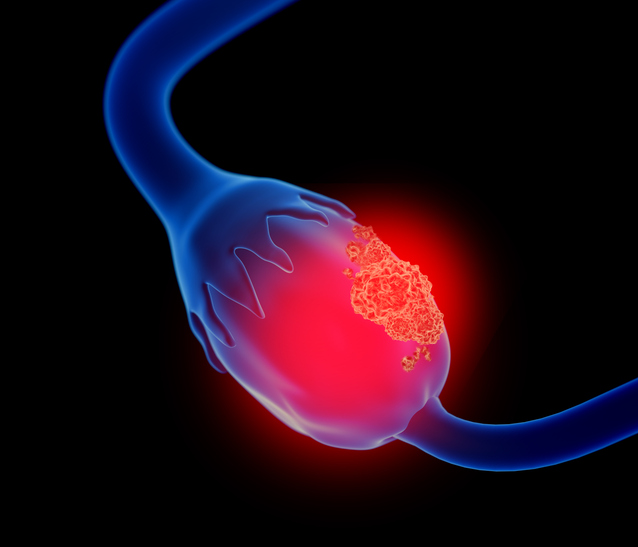
Glucagon-like peptide 1 (GLP-1) receptors are found in different organs and tissues such as the brain, lung, pancreas, stomach, heart, and endometrium. GLP-1 receptor presence indicates that GLP-1 receptor agonists (RAs) have multiple functions beyond the promotion of insulin release, glucagon suppression, and appetite reduction. Prior research shows that one of these functions triggers apoptosis in endometrial cancer cells.
Led by Maria Zoi Bourou, MD, MSc, researchers aimed to better understand the physiologic function of GLP-1 receptors in endometrial cancer with an emphasis on their potential adjunctive role in conversative management. The researchers conducted a comprehensive review of literature carried out on Medline using the keywords “glucagon-like peptide 1 receptor agonist,” “endometrial cancer,” and “conservative treatment” in combination with Boolean operators “and” or “or.”
Regarding the relationship between GLP-1 RAs and endometrial cancer, the researchers found five studies discussing the correlation between GLP-1 activity and endometrial cancer cells. Considering the pharmacokinetic relationship between GLP-1 activity and RAs in light of the research below, GLP-1 RAs demonstrate hopeful results in stopping endometrial cancer cell growth.
The Five Studies on Relationship Between GLP-1 Activity and Endometrial Cancer Cells
(1) First, a recent study by Zhang and colleagues explored this relationship using in vivo and in vitro methods. They used subcutaneous human endometrial cancer cell Ishikawa xenografts in nude mice, who were split into control and exenatide-treated groups to investigate whether it hinders or enhances cancer cell growth. The researchers uncovered that exenatide, a GLP-1 analog, has the potential to inhibit proliferation. Therefore, they determined that increased serum GLP-1 levels in the exenatide-treated group resulted in a more potent inhibitory impact on the human endometrial cancer Ishikawa cell xenograft in nude mice.
(2) Building on this, Kanda and colleagues explored the physiologic effects of the GLP-1 RA liraglutide on Ishikawa endometrial cancer cells using tissue samples to determine the pathologic function on GLP-1 receptors in individuals with endometrial cancer in the second study. They discovered that liraglutide increased GLP-1 receptor levels in Ishikawa cells and inhibited the growth of these cells depending on the dosage. They also discovered that liraglutide can trigger the AMPK signaling pathway and promote the buildup of autophagosomes.
(3) Next, in 2021, Zhu and colleagues discovered that the GLP-1 analog exenatide had a notable effect on decreasing endometrial damage and fibrosis in rats, which could help avoid endometrial complications in women with diabetes. The researchers also discovered that exenatide was not as efficient as liraglutide in controlling blood glucose levels and aiding in weight reduction. The researchers then sought to determine whether liraglutide can also prevent the growth of endometrial cancer cells and increase levels of progesterone. In Ishikawa and HEC-1B endometrial cancer cells, liraglutide successfully inhibited cell growth, enhanced progesterone expression, and effectively inhibited the growth of endometrial cancer cells in combination with medroxyprogesterone acetate.
(4) In 2022, Li and colleagues published a study on how GLP-1 receptors suppress endometrial carcinoma progression by activating the cAMP/PKA pathway. The noticeable drop in GLP-1 receptor levels suggests that the tumor-suppressive role of GLP-1 may be mediated through the cAMP/PKA pathway. The significant rise in cAMP levels in endometrial cancer cells was a result of the heightened expression of GLP-1 receptors; a rise in cAMP levels then activates PKA to initiate various biologic reactions. A bioinformatic analysis showed this direct correlation between GLP-1 receptor levels and PKA expression. Silencing of PKA reversed the growth inhibition of tumors caused by overexpressed GLP-1 receptors.
(5) In the final study, Li and colleagues recently released an additional study contradicting the findings mentioned earlier. Their discoveries suggest that GLP-1 receptors not only boost the viability, movement, and penetration of endometrial cancer cells, but also offer defense against ferroptotic cell demise. The research highlighted a notable rise in GLP-1 receptor mRNA levels in endometrial cancer tissues compared to normal tissues, along with an increase in GLP1R at the protein level in tumor tissues compared to normal tissues. In addition, the data indicated that inhibiting GLP-1 receptors resulted in a significant reduction in cell survival over time. Furthermore, the GLP-1 RA notably boosted the quantity of invasive cells, suggesting that the up-regulation of GLP-1 receptors actively encourages the migration and invasion abilities of EC cells. To conclude, the research indicates that increasing GLP-1 receptor expression could potentially safeguard EC cells against ferroptotic cell demise.







 © 2025 Mashup Media, LLC, a Formedics Property. All Rights Reserved.
© 2025 Mashup Media, LLC, a Formedics Property. All Rights Reserved.